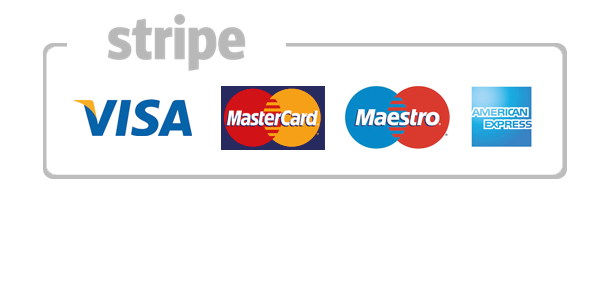Welcome to Blog

Go High Level Pricing
All-In-One Sales & Marketing Platform Built For Agencies, By An Agency. ...more
blog
April 06, 2024•1 min read

Journalname Pays 40% commission
Journalname Affiliates support the fastest growing all-in-one software in the digital marketing space. This software has already helped over 100 small businesses find success and scale to the next level. Join the Affiliate Program and disrupt the market while helping small businesses create genuine connections.
Pay on 15th of next month for previous month's earnings
Payment Method: Payoneer / Wise / ACH
Cookie life 15 days
What is so special about the
All-In-One Sales & Marketing Automation software?
Small business owners know how to run the show.
Business owners know how to make sure that people show up.
This software is simply the most robust system to help agencies continue to support small businesses.
Everyone gets to focus on what they're the best at, leaving the redundant tasks incredibly personable and intuitive software.
© 2024 Journalname LLC, USA | All Rights Reserved | Privacy Policy | Terms & Conditions



